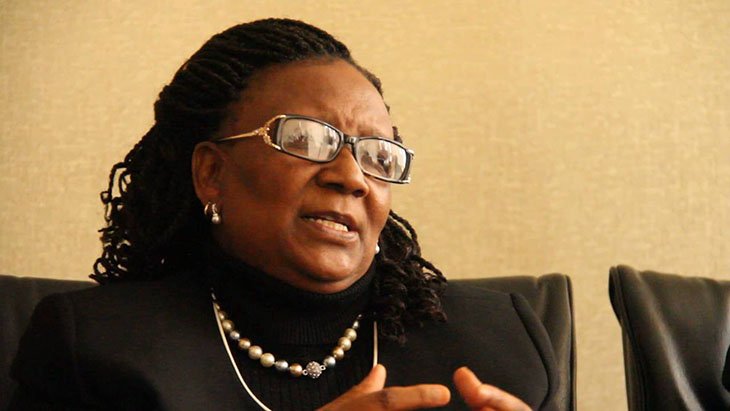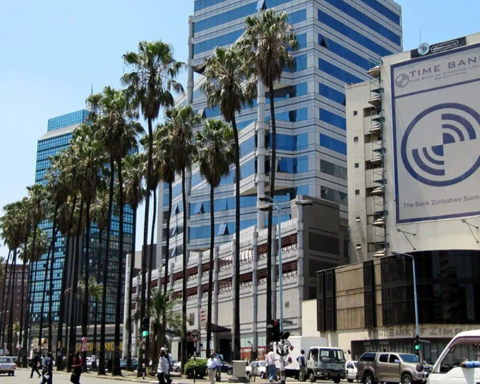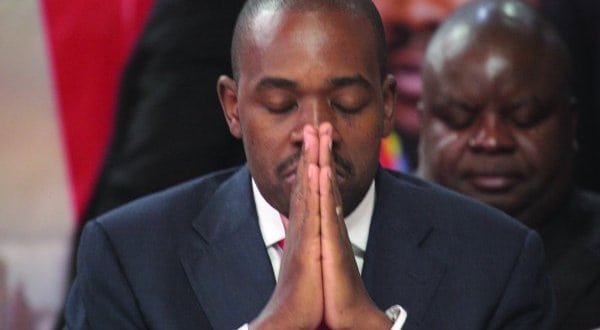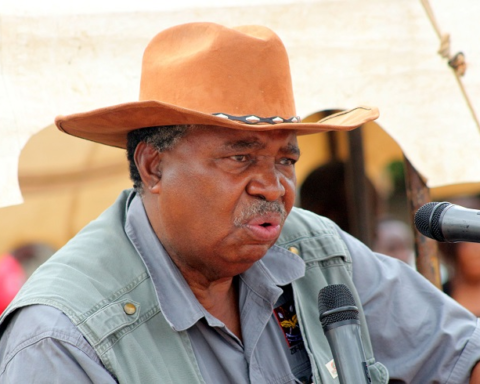As the Southern African Development Community (SADC) prepares for its 44th summit in Harare on August 17, 2024, Human Rights Watch has called on the regional body to address Zimbabwean authorities’ escalating crackdown on opposition activists and civil society groups.
In a recent statement, Human Rights Watch highlighted that since President Emmerson Mnangagwa assumed power in 2017, his government has committed significant human rights violations and failed to implement essential reforms. The organization criticized the government’s use of violence, intimidation, harassment, and repression, primarily targeting opposition members and civil society activists. Numerous activists have been abducted and tortured over the past year, and the criminal justice system has been weaponized against political opponents. Many opposition politicians are held in prolonged pretrial detention or convicted on dubious charges.
“The government of President Mnangagwa is accelerating its crackdown against legitimate and peaceful activism ahead of the August summit,” the statement read. Human Rights Watch urged SADC to engage with Zimbabwean authorities to ensure basic freedoms are respected. It called for an end to repression and the arbitrary arrests and prosecutions of activists and opposition supporters, stressing the need to eliminate the pervasive climate of intimidation.
Currently, about 80 activists from the Zimbabwean Citizens Coalition for Change (CCC) are in remand prison for attending a peaceful event commemorating the International Day of the African Child, facing charges of bigotry. Arrests of CCC activists have reportedly increased since Mnangagwa came to power. Recently, members of the National Democratic Working Group, led by Job Sikhala, were arrested, and CCC activists were detained in the Midlands province during a remembrance ceremony for a colleague killed by suspected Zanu PF followers two years ago.
President Mnangagwa has condemned “rogue elements” for spreading falsehoods and instigating civil disorder, especially around significant regional and global events. He assured Zanu PF members that security agencies are on high alert to address these elements decisively. The information minister echoed these sentiments, accusing certain opposition politicians and civil society organizations of attempting to incite disorder and discontent.
Human Rights Watch emphasized that SADC should use the upcoming summit and Mnangagwa’s chairmanship as an opportunity to push for key reforms to enhance respect for human rights, democracy, and the rule of law in Zimbabwe. The organization urged SADC member states to consider involving African human rights systems, such as the African Commission on Human and Peoples’ Rights and the African Court on Human and Peoples’ Rights, to clarify Zimbabwe’s obligations under the African Charter on Human and Peoples’ Rights.
The summit will see heads of state and government from SADC’s 16 member countries convene, with President Mnangagwa taking over as chairperson of the subregional organization. The international community will be watching closely to see if SADC will address the human rights concerns raised by Human Rights Watch and other advocacy groups.








